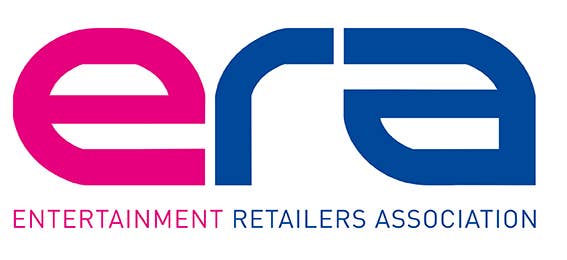ERA declares "Generation Rent" as ownership gives way to subscriptions in entertainment
Despite slight decline, console spending remains largest physical entertainment sector in UK at £756 million
Updated: New digital services have created a "Generation Rent" in the UK, as purchased content yields to subscriptions in terms of consumer spending.
That's according to the Entertainment Retailers Association (ERA) which found that paying to access services instead of owning an individual product accounted for 58.3% of total games revenue in 2018, and it only continues to rise.
Comparatively, consumers spent £1.46 billion on accessing video, and £829 million on accessing music. Ownership spending however was just £868 million and £505 million respectively.
Access in games includes revenue generated from free-to-play products and isn't exclusive to subscriptions, like it is in music and film.
Overall game spending last year in the UK was £3.86 billion, up from £3.35 billion in 2017. Access spending alone was £2.25 billion, which is roughly half of what was spent on access across games, video, and music combined.
"Innovation and investment by digital services and retailers has literally proven a lifesaver for the video, games and music businesses, creating new business models and supporting jobs across the UK creative industries," said ERA CEO Kim Bayley.
Console games remain the largest physical format across all sectors, with nearly £756 million being spent on them in 2018. The segment saw a 2.8% decline year-on-year despite accounting nearly half of half of the £1.61 billion ownership spending in games in 2018.
Ownership spending continues to decline across the board, and is outpaced by access spending across all three sectors -- in 2018 music spending became predominantly access for the first time.
"This is a significant moment," said Bayley. "For the first time since the birth of the modern entertainment business in the late 1950s, more revenue is coming from payments for access rather than purchase in all three sectors - music, video and games... It is nothing less than a revolution in the entertainment business."
Games first became predominantly access spending in 2016, followed by video in 2017 and now music in 2018. Despite this, games see notable higher ownership spending at 41.7% compared to the 37.2% of video or 37.9% of music.
However, with the advent of Xbox Game Pass last year, and Google and Amazon working on similar services, we can likely expect this to accelerate and match other mediums.
The industry has already seen the notable effect of Microsoft's flagship programme, with games like Crackdown 3 proving popular on the service while floundering at retail.








